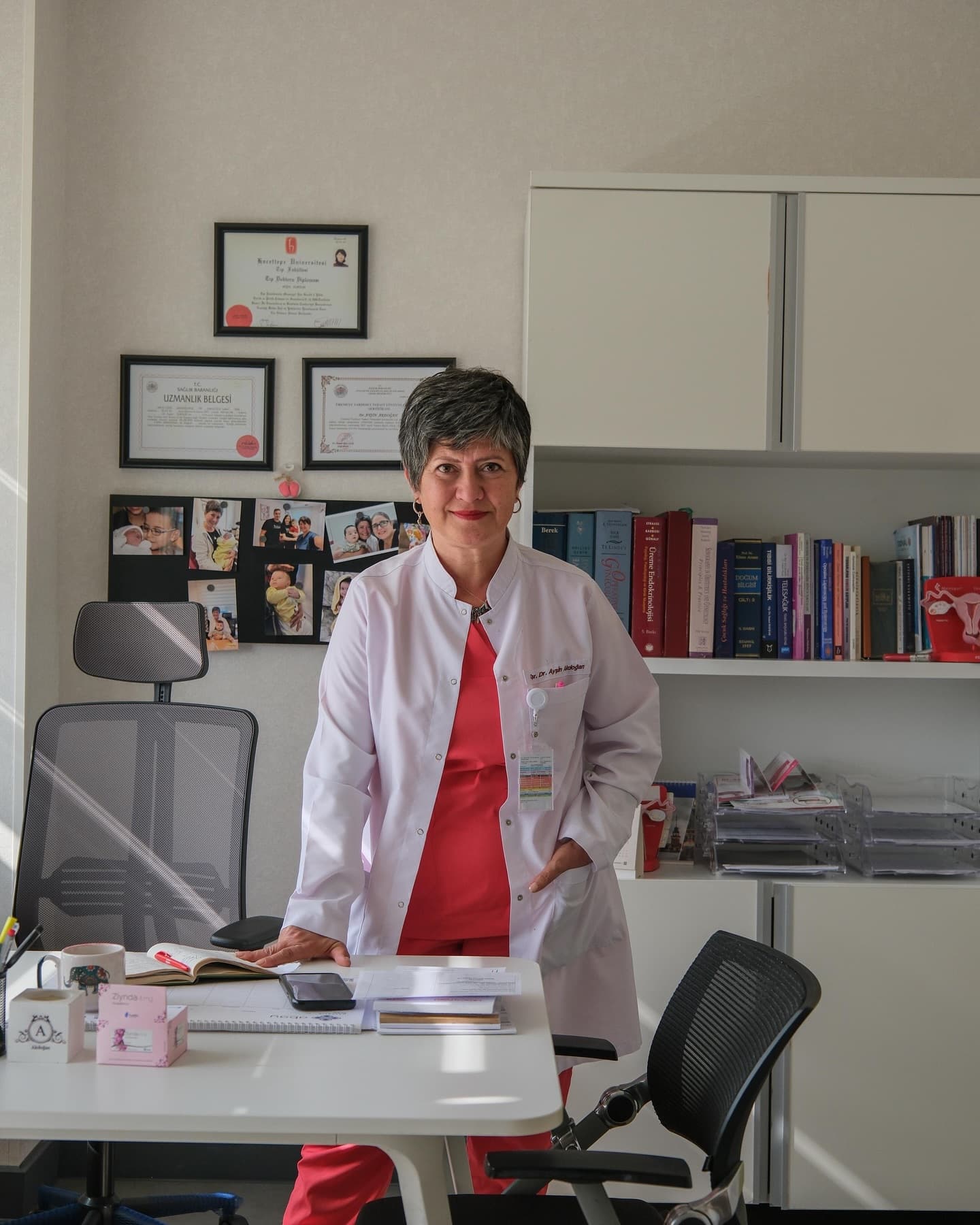
FERTILITY PRESERVATION
Egg Freezing: Who Is It Suitable For and How Does the Process Work?
In today's world, women are increasingly taking control of their life timelines. Whether for career goals, educational pursuits, or simply waiting for the right time, the decision to start a family can be postponed. Modern medicine offers a revolutionary technology to support these choices: Egg Freezing. This process is one of the most valuable investments a woman can make in her future self.
What is Egg Freezing and Why is It Done?
Egg freezing, or oocyte cryopreservation, is the process of retrieving a woman's mature eggs and storing them for future use. There are two primary motivations for this decision:
Social Reasons (Elective Freezing)
This is a proactive step for women who are not yet ready for motherhood but are aware that egg quality and quantity decline with age. It allows you to pause your biological clock while you focus on your career, travel, or wait for the right partner.
Medical Reasons (Medical Necessity)
It is a vital option for preserving fertility before undergoing medical treatments like chemotherapy or radiotherapy for cancer, before surgeries that might affect the ovaries, or for women at risk of early menopause.
Who Are Suitable Candidates for Egg Freezing?
The ideal candidates for egg freezing are typically women under the age of 35, when ovarian reserve and egg quality are at their peak. However, it is a successful procedure for women over 35 as well. The most important factor is a thorough evaluation of your current ovarian reserve by a specialist, using ultrasound and a blood test (AMH).
Step-by-Step Egg Freezing Process
The process is very similar to the initial stages of an IVF cycle and is quite manageable.
- Consultation and Evaluation: The first step is a meeting with a specialist to evaluate your ovarian reserve and create a personalized plan.
- Ovarian Stimulation: At the beginning of your menstrual cycle, you will start a course of hormone injections lasting about 10-12 days. The goal is to stimulate the maturation of multiple eggs in that cycle.
- Egg Retrieval (OPU): Once the eggs have reached maturity, they are collected in a painless, 15-20 minute procedure performed under light anesthesia.
- Freezing (Vitrification): The collected mature eggs are then cryopreserved in the lab using a rapid-freezing technique called vitrification, and they are stored in special tanks where they can remain for years.
Conclusion
Egg freezing is a powerful technology that gives women more control over their lives and future. If you are considering this process, contact our clinic to get the most accurate information and to create your own personalized roadmap.
Frequently Asked Questions
No. The egg retrieval (OPU) procedure is painless as it is performed under light anesthesia. Mild cramping or discomfort may be felt after the procedure, but this usually passes quickly.
Theoretically, eggs frozen with the vitrification technique can be stored indefinitely without losing their quality. Legal regulations in Turkey may impose certain rules on the storage period.
The success rate is similar to the pregnancy rates at the age the eggs were frozen. The younger the age at which the eggs are frozen, the higher the chance of achieving pregnancy with them in the future.
